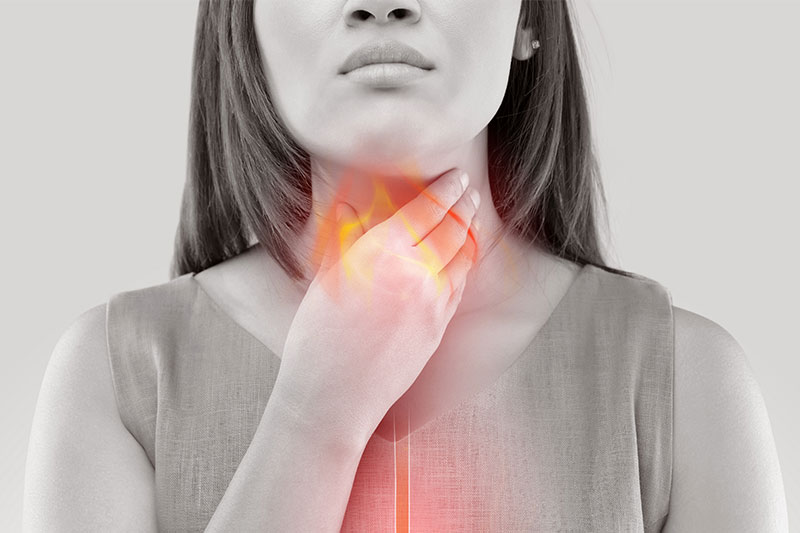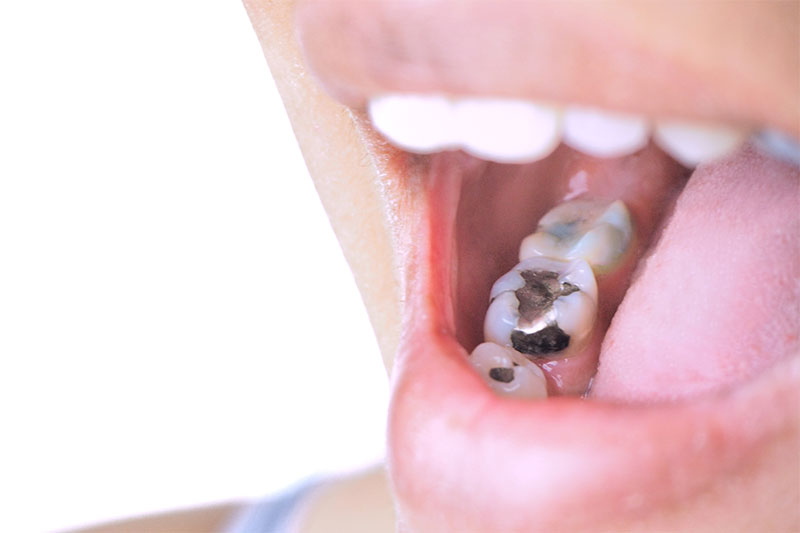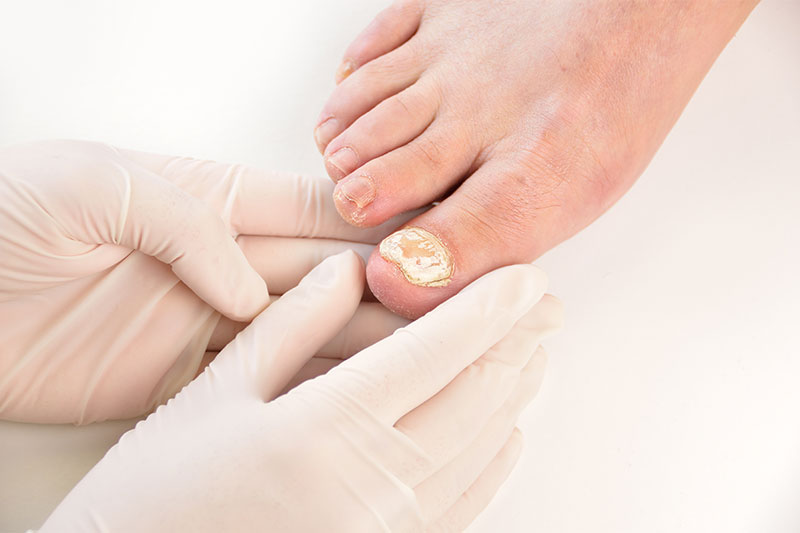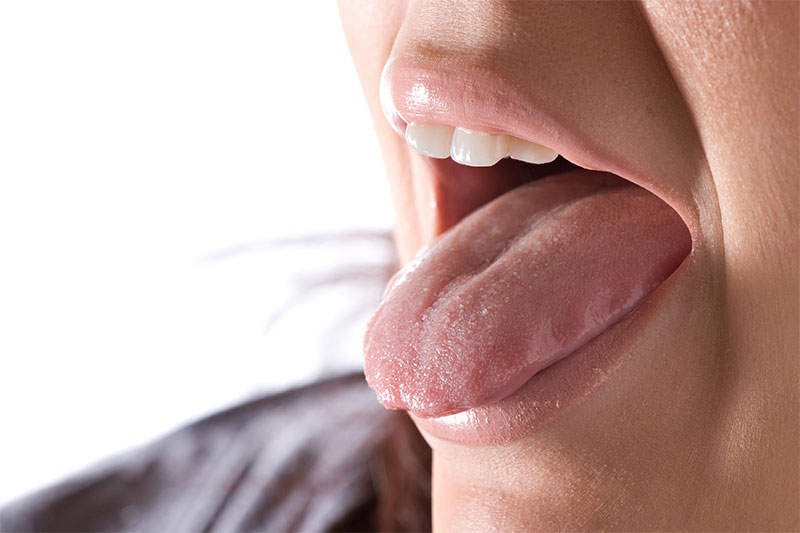Some of the most serious diseases sometimes have the subtlest signs and symptoms. We often tend to ignore little signals that our body gives us and only come to know about a condition when it clearly shows up at some later stages.

But treating a condition at early stages when it is not full-blown is easier and has a good prognosis in most cases.
This is why it is essential to notice small changes in your body and discuss them with your doctor on your visit. One of such minor signs is a bad taste in the mouth. Let’s see what bad taste can tell you about.
You are Having an Acid Reflux

Acid reflux is when your stomach acid enters your food tube and even the backside of your mouth. This leaves a bad taste. Acid reflux also causes heartburn. You need to see a doctor about this problem because long-standing acid reflux increases the chance of cancer.
Your Oral Hygiene is Not Good

When you do not take good care of your oral hygiene, bacteria start breaking down food particles left in your mouth between your teeth. This not only leads to a foul smell, but you also feel a bad taste. To avoid this, make sure you brush your teeth after meals or use a mouth wash. Floss can be used if you feel that food is stuck between the teeth.
You are Taking Some Medication

Some medications are associated with a bad taste in the mouth. It is especially true for certain antibiotics. So, a bitter taste is not only due to some underlying condition, but it can also be due to treatment. It goes away when you stop using the medication.
Your Gums are Bleeding

Bleeding from somewhere in the mouth can be a reason behind bad taste. Sometimes, this bleeding is so small that people do not notice it. All they have is a bad taste. It is because blood contains hemoglobin that is rich in iron. Due to the metabolism of the blood, iron is released, and you feel a bad metallic taste in the mouth.
You are Stressed

There is a misconception that stress only has psychological implications, but it is a psychological condition that has physical effects as well. One of those is a bad taste in the mouth. When you are stressed, you might not feel like eating already, and this bad taste can even worsen it. See a psychologist or psychiatrist to seek help to cope with stress.
You are in Early Pregnancy

During early phase of pregnancy, such as during first trimester, women’s sense of taste is often altered. This may lead to a bad taste in the mouth. However, this improves on its own as the pregnancy progresses.
You have a Fungal Infection

Fungal infection, also called oral thrush, is common among people with low immunity. It leads to pain during eating and a bad taste in the mouth. You need to see a doctor if you notice a thin black layer or white spots over your tongue or oral mucosa.
You have a Viral Infection

Common cold and flu can lead to a bad taste in your mouth, but it is not worrisome. Like other symptoms, this also goes away after the virus completes its life. Just drink plenty of fluids.
It can be Pine Nut Syndrome

You may experience a bitter taste in your mouth after taking pine nuts. It usually happens one or two days after eating pine nuts and is referred to as pine nut syndrome. It is not a severe condition and goes away on its own.


